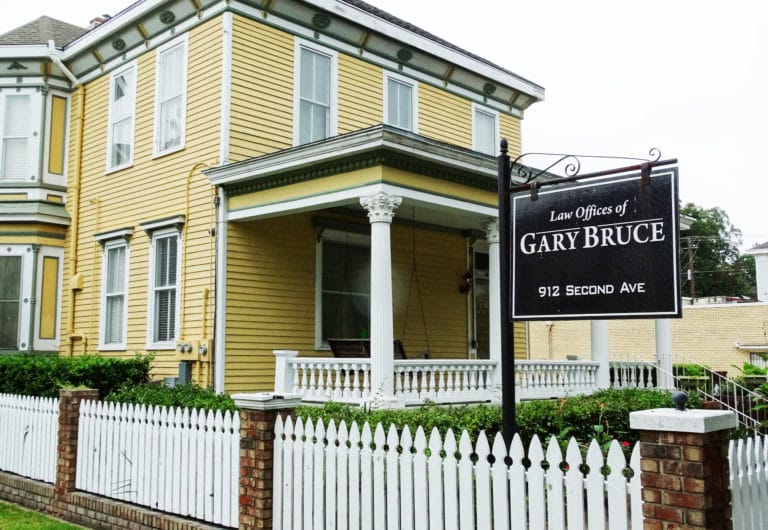When you are injured on someone else’s property because they failed to make it safe for visitors, they can be held liable for the cost of your injuries and more.
For example, you may fall and injure yourself in the stairwell of an apartment building because the handrail is broken or the steps were unsafe. You may slip in a store because of loose carpeting or a spill that was not cleaned up. Both of these examples are of falls on private property. When injuries occur on private property, victims can get compensation from the property owner because they failed to keep the premises safe, usually through the owner’s liability insurance.
However, falls and other injuries can also happen on public property, such as on public sidewalks, in parks, and in buildings like libraries and community centers.
When the property you were injured on is owned by a government body like a city, county, or state, the laws get significantly more complicated, and you will want to hire an experienced premises liability lawyer to help protect your rights to compensation.
The Government Has Immunity Against Lawsuits…Usually
“Sovereign immunity” or “governmental immunity” are terms you may hear if you want to sue the government after an injury on public property or caused by someone representing or working for the government. Essentially, they mean you CAN’T sue the government unless the government chooses to waive its own immunity. This dates back to the time when the “sovereign” (or King) decided the rules.
Related Reading: What is the Federal Tort Claims Act and How Does it Affect My Personal Injury Case?
Governmental immunity protects federal, state, and even local government, but not all the time. States can decide whether to grant immunity to their local government, as well as exceptions to immunity.
Georgia passed a set of laws called the Georgia Tort Claims Act, which agrees to waive immunity in very specific circumstances in claims against State agencies. Georgia cities do NOT have blanket immunity (with a few exceptions), but counties do.
What to Do if You Need to Sue Columbus, Georgia
Columbus, Georgia is a little different from other cities. It is a city, but it is classified as a county for immunity purposes because it is a “consolidated government.” The city officially merged with Muscogee County in 1970. This is important because if you need to file a personal injury claim against Columbus, it is treated as a county instead of a city.
Conversely, Georgia grants immunity to its counties. This will mean that Columbus, Georgia USUALLY cannot be sued for most personal injuries, even those resulting in a death where the city seemed clearly at fault.
A major exception is carved out for wrecks caused by county employees. When county employees cause car or truck crashes, victims are permitted to make claims and sue for compensation up to $500,000 per person or up to $700,000 for two or more people in a single crash.
The rules for suing the government are different than suing a private individual, and very specific. If you want to hold a city, county, or state agency liable for a crash or any other injury, you must follow the rules exactly and provide notice in a timely and appropriate manner. The time for filing notice can be as short as six months in many instances – Do not wait!
Contact Gary Bruce right away to ensure your rights are protected and you don’t miss your chance for compensation because of a technicality.
If the County Is Immune, What Now?
Sometimes when rules have been established for doing a government job, a claim can be made by naming a government employee as the defendant rather than the government itself. Even if the government body has immunity from lawsuits, you may be able to get compensation from a government employee who violated the obligations of his or her job.
In addition, if an individual was not performing work duties when they negligently caused your injury, then they may be sued as individuals.
Any time the government is involved in a personal injury, the case can get very complicated, very fast. The best thing to do is to speak to an experienced personal injury lawyer ASAP to discuss the facts of your case and your options.
After an Injury, Get Gary Bruce
Gary Bruce has helped many residents of Georgia as well as Alabama get compensation when they were injured through someone else’s negligence. He is not afraid to take on big insurance companies, nor he is not afraid to take on the government when they cause innocent people harm.
If you are unsure what to do after being injured in a wreck, fall, or other accident, contact our firm today for a free, no-obligation case consultation. We’ll give you straightforward answers to your questions and an honest assessment of what you can expect from the legal process. There’s no cost to speak to a lawyer, and if you decide to hire our firm, you pay us nothing—no fees, costs, or expenses—unless we get you money.
